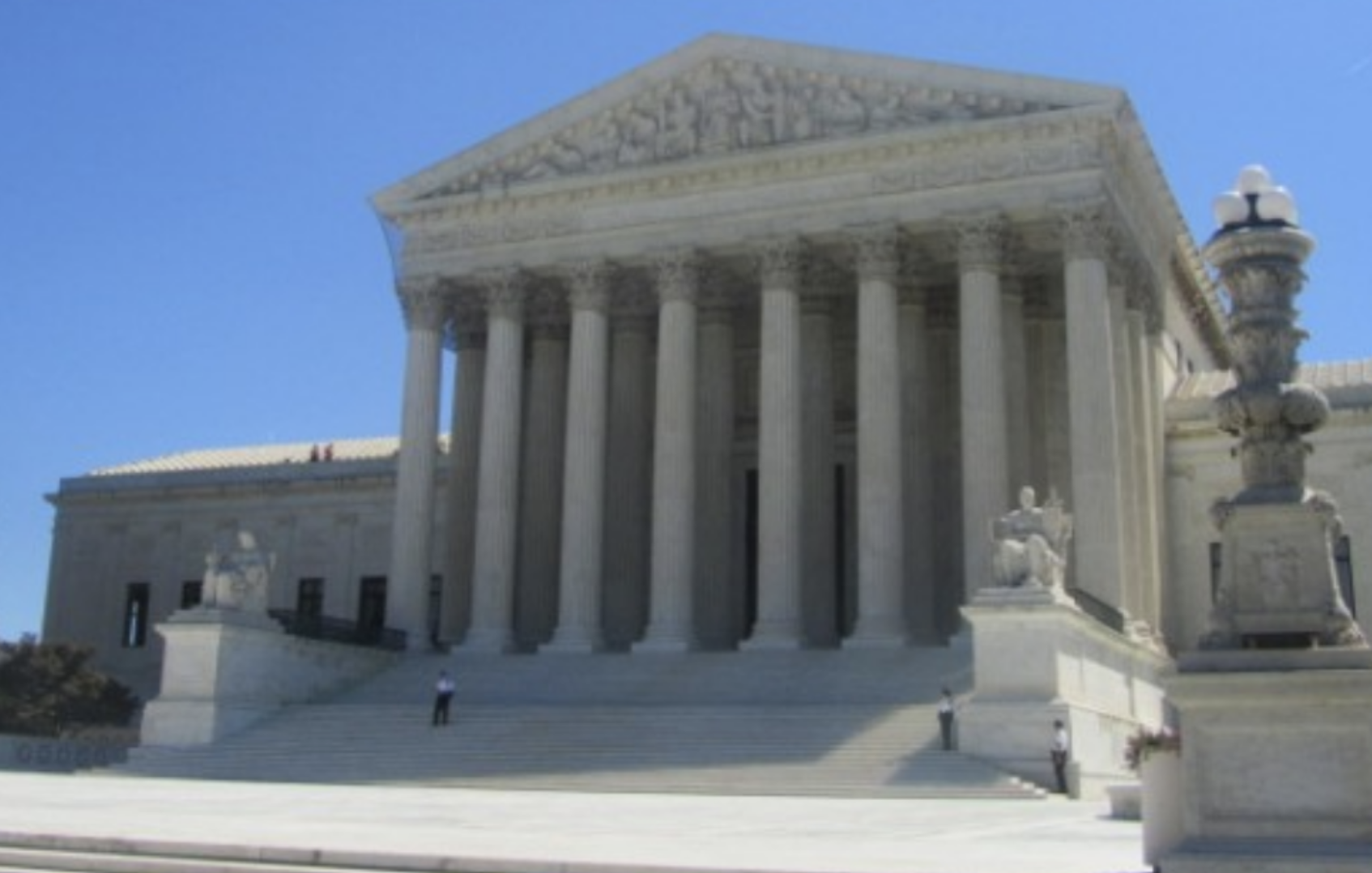
- Details
- By Chuck Hoskin Jr
Guest Opinion. As Principal Chief of the Cherokee Nation, I joined the celebrations across Indian Country for the U.S. Supreme Court’s 7-2 Brackeen v. Haaland decision upholding the Indian Child Welfare Act (ICWA). The ruling was a triumph for tribes and, more importantly, for the health and safety of Native American children.
When it comes to defending ICWA, the facts, the law, and the U.S. Constitution have always been on our side. The SCOTUS decision reinforces years of legal precedent that tribes and tribal citizens have a sovereign right to self-determination and preservation of our cultural identities.
Enacted in 1978, ICWA exists due to the dark chapter in American history when a staggering 25 to 35% of Indian children were wrongfully removed from their families and the majority placed into non-Native homes. Throughout the 1950s, ’60s and ’70s, this was done by state officials and private groups with the intention of eradicating Native American culture and language. In an echo of the earlier federal boarding school period, children were taken from their families often without due process of the law.
ICWA is essential to making sure that never happens again. We know Native children are safest and happiest when they can grow up within their own community. However, that hasn’t stopped repeated attempts to tear down ICWA, driven by political motivations and based on falsehoods.
Unfortunately, throughout history, attacks on tribal rights have often succeeded. Recognizing this in the Brackeen case, the Cherokee Nation proudly joined forces with many other tribes, scholars, child welfare advocates and elected leaders from across the political spectrum to combat these assaults. We stood united in support of ICWA because we all understand that it represents the gold standard in child welfare laws.

While our recent Supreme Court victory was significant, the groups that poured millions of dollars into misleading attacks on ICWA are continuing efforts to undermine the law. Critics wrongly frame ICWA as a race-based law, but as those familiar with American history and constitutional law have repeatedly proven, tribal citizenship is not about race. It is about the inherent sovereignty of tribes, like the Cherokee Nation, that existed since long before the United States was founded and that continue today.
Cherokee Nation will continue our work with our partners to strengthen ICWA and safeguard tribal sovereignty against future attacks. We have a duty to protect our children and families, and I am confident that our sister tribes share this commitment. Yet we still have work to do: out of the 1,141 Cherokee children with active foster care cases, 30% are placed in non-Native homes. We urgently need more Cherokees to step up to become foster families and close this gap.
For the Cherokee Nation, ICWA is a lifeline. It solidifies our powers to protect our children, heal historical wounds and renew pride in our culture. It acknowledges the profound importance of family and community in the Cherokee way of life. As we celebrate this victory, we hope it provides for a deeper understanding and appreciation of what it means to belong to a Native family and a Tribal Nation.
Chuck Hoskin, Jr. is the principal chief of the Cherokee Nation.
More Stories Like This
Disrupting Poverty Through OpportunityMarmot Day (Ground Hog Day) and the (Lack of) Law
Sanctuary Cities Under Siege: When Federal Power Becomes a Weapon Against the People
Denmark's Genocidal Practices in Greenland
Cherokee Nation Stands Against Predatory Lending
Help us defend tribal sovereignty.
At Native News Online, our mission is rooted in telling the stories that strengthen sovereignty and uplift Indigenous voices — not just at year’s end, but every single day.
Because of your generosity last year, we were able to keep our reporters on the ground in tribal communities, at national gatherings and in the halls of Congress — covering the issues that matter most to Indian Country: sovereignty, culture, education, health and economic opportunity.
That support sustained us through a tough year in 2025. Now, as we look to the year ahead, we need your help right now to ensure warrior journalism remains strong — reporting that defends tribal sovereignty, amplifies Native truth, and holds power accountable.
 The stakes couldn't be higher. Your support keeps Native voices heard, Native stories told and Native sovereignty defended.
The stakes couldn't be higher. Your support keeps Native voices heard, Native stories told and Native sovereignty defended.
Stand with Warrior Journalism today.
Levi Rickert (Potawatomi), Editor & Publisher

